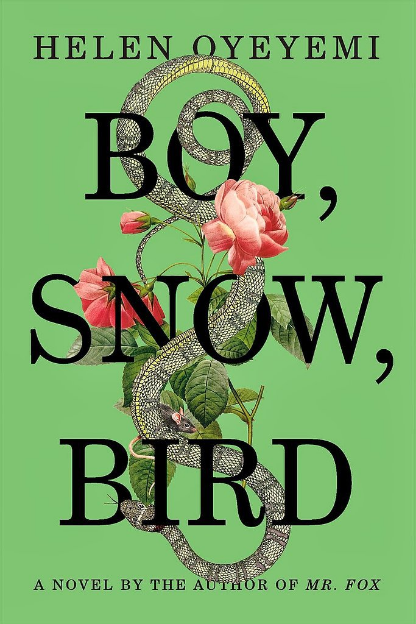I am sorry to say that a couple of weeks ago, I didn't know who Dolen Perkins-Valdez was, and it was entirely by accident that I stumbled upon her. I'd long since finished all 3 of the books on my Spring Reading List, and was trying to decide on a bonus book or two to tide me over until summer, when I came across this list 12 Books by Black Women that Will Keep You Turning Pages All Summer Long on For Harriet. Perkins-Valdez's sophomore novel, Balm, was number 12 on that list, and after reading the premise for both Balm and Wench, I knew I had to read them. I completed both books in barely over a week.
Wench explores the relationships between four slave women and each other , as well as their masters. In particular it looks at the relationship between Lizzie and her master Drayle. For the better portion of the book, Lizzie is in love with Drayle and believes Drayle reciprocates that love, and that love colors the way she looks at her circumstances and the circumstances of those around her. Lizzie's mindset allows for a whole new level of understanding of the horrifying predicament of the slave. The atrocities suffered by all of the women: Mawu, Reenie, Sweet and Lizzie seem too awful to bear, and caused me to wonder more than once at the resilience of not only their spirits, but the spirit of my own ancestors. Perkins-Valdez writes about these women as though she walked among them, and the result is a story that is truly captivating.
When I began reading Balm, part of me was yearning for a sequel to the stories of the women left behind in Wench and while I was initially sad to realize that was not the case, that disappointment lasted but a second before I was swept up by a whole new host of characters: Sadie, Madge and Hemp. I don't think I've ever read a book set immediately post slavery before. I have often wondered how America made that transition, and what that transition looked like for people, particularly former slaves in their daily lives. Perkins-Valdez imagines that time, and does so with a meticulous attention to detail. She weaves in supernatural elements so seamlessly, that you barely raise an eyebrow. Sadie communing with the dead and Madge's magical hands feel natural within the world Perkins-Valdez has created. The world created in Balm is one where hope leaves alongside loss, and love co-mingles with despair.
If you are new to Dolen Perkins-Valdez as I was, remedy yourself of that immediately and pick up both of her books. I can't wait to see what she writes next.





